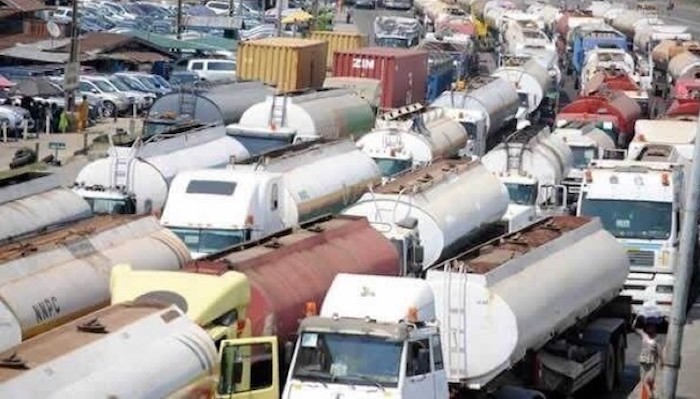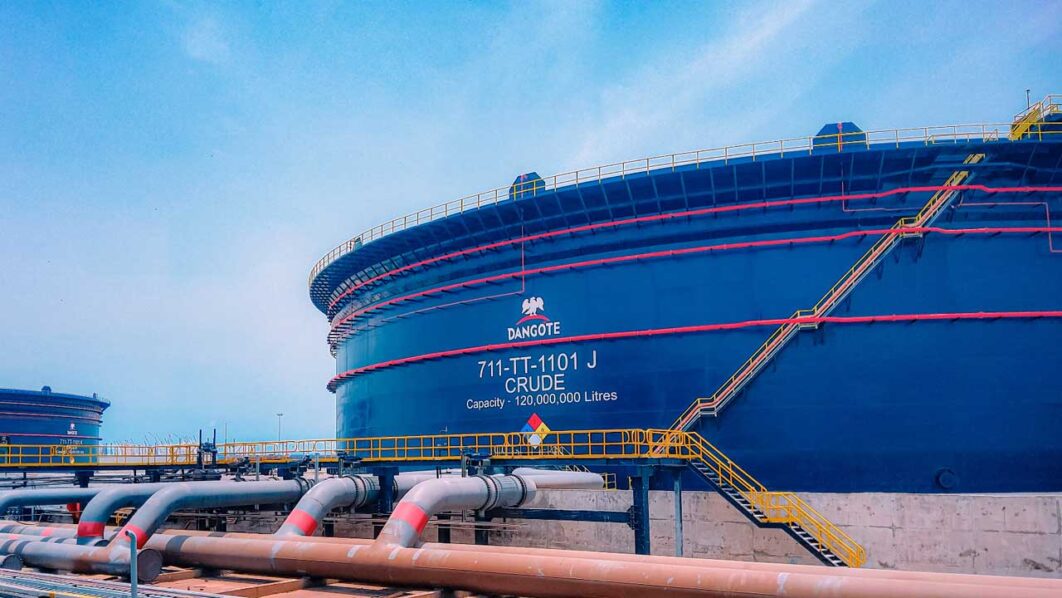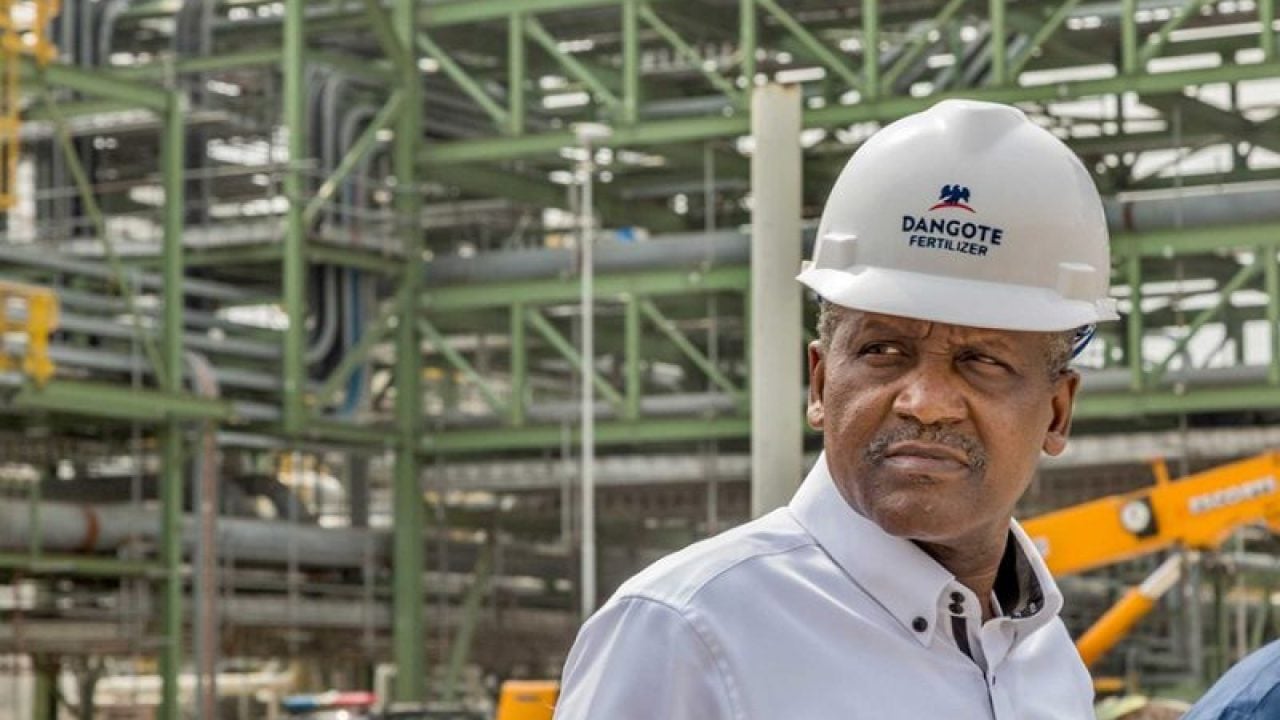Marketers Warn of Business Collapse as Dangote Moves to Control Fuel Distribution
Petroleum marketers across Nigeria have raised serious concerns over a new plan by Dangote Petroleum Refinery to take full control of fuel distribution in the country. The initiative, which is set to begin on August 15, 2025, could drastically reshape the downstream oil sector, potentially pushing thousands of independent dealers out of business.
Under the new arrangement, Dangote Refinery will supply Premium Motor Spirit (PMS) and diesel directly to filling stations, manufacturers, telecom firms, aviation, and other end-users across the country. The company said the new model will offer free logistics to buyers and eliminate middlemen, thereby reducing pump prices and making fuel more accessible nationwide.
However, the Petroleum Products Retail Outlets Owners Association of Nigeria (PETROAN) has openly rejected the plan, calling it a threat to fair competition. In a statement by its Publicity Secretary, Joseph Obele, the association said Dangote’s direct fuel distribution could result in job losses, filling station shutdowns, and a monopoly-like market structure.
According to PETROAN, the refinery’s vertical integration—handling everything from production to delivery—will sideline thousands of independent players in the supply chain. The group warned that Dangote could adopt a penetration pricing strategy, lowering fuel prices initially to push competitors out, only to later dominate the market and dictate prices unchallenged.
The association expressed concerns about the fate of truck drivers, modular refineries, and jetty and tank farm operators, who might lose business as Dangote introduces 4,000 new Compressed Natural Gas (CNG) tankers. PETROAN believes these changes, while appearing efficient, could eliminate thousands of existing jobs and render prior investments obsolete.
The organisation estimates that more than 2,100 petrol station owners, 70 tank farm operators, and 95 jetty managers could soon go out of business. It also warned that over 4,900 fuel outlets have already shut down since the 2023 deregulation due to unpredictable pricing and supply challenges.
In response to these fears, Dangote Refinery insists the plan is meant to benefit Nigerians. A company spokesperson said the goal is to lower fuel costs, support local businesses, and boost economic efficiency. The company also announced a credit facility where fuel buyers can access an extra 500,000 litres on credit with bank guarantees, creating financial ease for larger customers.
Leading industry voices have weighed in. Energy economist Prof. Wumi Iledare described Dangote’s plan as “vertical integration, not monopoly.” He explained that it could improve efficiency and enhance fuel availability if regulators ensure a fair playing field. Iledare urged stakeholders to embrace transparent competition rather than oppose change out of fear.
Meanwhile, Chinedu Ukadike, Publicity Secretary of the Independent Petroleum Marketers Association of Nigeria (IPMAN), supported the initiative. He said it would create more jobs, not less, and that Dangote’s CNG-powered tankers could help fill delivery gaps in remote areas.
PetroleumPrice.ng CEO Olatide Jeremiah also hailed the move as a “revolutionary shift” in fuel distribution. He claimed that the elimination of intermediaries would lower pump prices and improve supply chain transparency.
Despite the divided opinions, the refinery reaffirmed its commitment to inclusive economic development, stating that the initiative aligns with President Bola Tinubu’s Renewed Hope Agenda. The plan, they added, is meant to revive dormant filling stations, stimulate SMEs, reduce inflation, and strengthen investor confidence in Nigeria’s energy sector.
Registration for participation in the new distribution model, including Know Your Customer (KYC) verification, will run from June 16 to August 15, giving marketers 60 days to enroll.
Tips and Recommendations:
- Stakeholders should work closely with the Nigerian Midstream and Downstream Petroleum Regulatory Authority to maintain market balance.
- Government should provide support or soft loans to small fuel marketers at risk of closure.
- There’s a need for robust anti-monopoly laws to ensure no single entity dominates Nigeria’s energy sector.
- More investment in job retraining and alternative livelihoods is needed for displaced workers.
- Transparency and fairness must remain central as Nigeria undergoes this major energy transition.
















